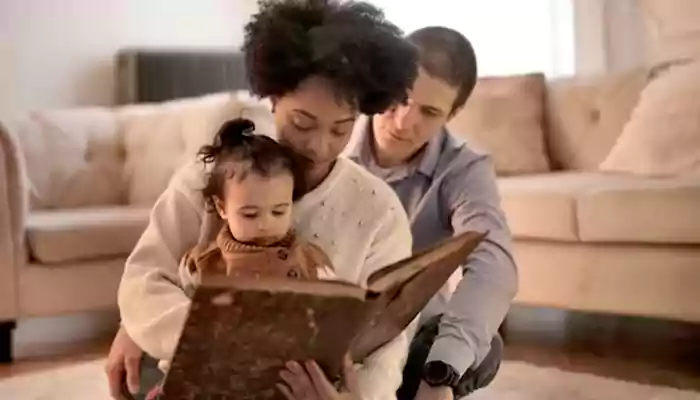Effective Conflict Resolution Tips Every Parent Should Teach Their Children

Knowing how to resolve conflict is a vital skill, and it should be taught to children during their elementary school days.
Skills of conflict resolution play an integral role in the development of healthy relationships. If your little one hasn’t learned to deal with frustration, they will likely project that negative emotion onto a different person or friend. Kids who struggle to mend friendship problems might get distressed during and after arguments. Anyone who cannot verbalize their feelings tends to shut down after conflicts. All these reasons make it necessary for parents to teach children the correct ways to manage emotions and resolve conflict to tackle tricky situations. Below we have mentioned some effective strategies every parent should teach their children.
Step One: Ask them to cool off
The first step involves asking your child to calm down after or during a conflict. Do not rush to engage in problem-solving right away. After they have cooled off, allocate time for later to follow the remaining steps. If your child is struggling to calm down independently, introduce some coping strategies. For kids, asking them to take deep breaths is a good place to begin.Step Two: Ask your child to share their problem and try to understand their issue
Once your little one cools down, ask them to share their problem and help them verbalize their feelings. Emphasize the significance of being honest when talking about their involvement in the conflict. Encourage your child to express their true feelings.Step Three: Model empathy
It is not unusual for kids to feel overwhelmed when dealing with big emotions associated with a dear friendship. Sometimes even a minor disagreement may feel like a big issue to them. Listening to them and expressing empathy can help your kids feel seen and understood, and in turn, it will also help them exhibit compassion when dealing with others. When your little one approaches you to vent about a problem with a friend, listen to them and empathize.Step Four: Ask them to apologize
A sincere apology can communicate regret, remedy, and responsibility. Apologizing to one's own faults might seem difficult to your child, but it will enable them to be men and strengthen their relationships with people. Motivate your child to think of a sincere apology. Ask them to write an apology letter and send it to whoever they are in conflict with.Step Five: Model brainstorming solutions
While you may be tempted to help your kid solve a problem or conflict by suggesting ways to fix it, children become better at problem-solving only when encouraged to seek solutions on their own. So, ask them to note down possible solutions to resolve conflicts.Preparing children with strategies to tackle upsetting situations can help preserve and maintain their most valued friendships.












